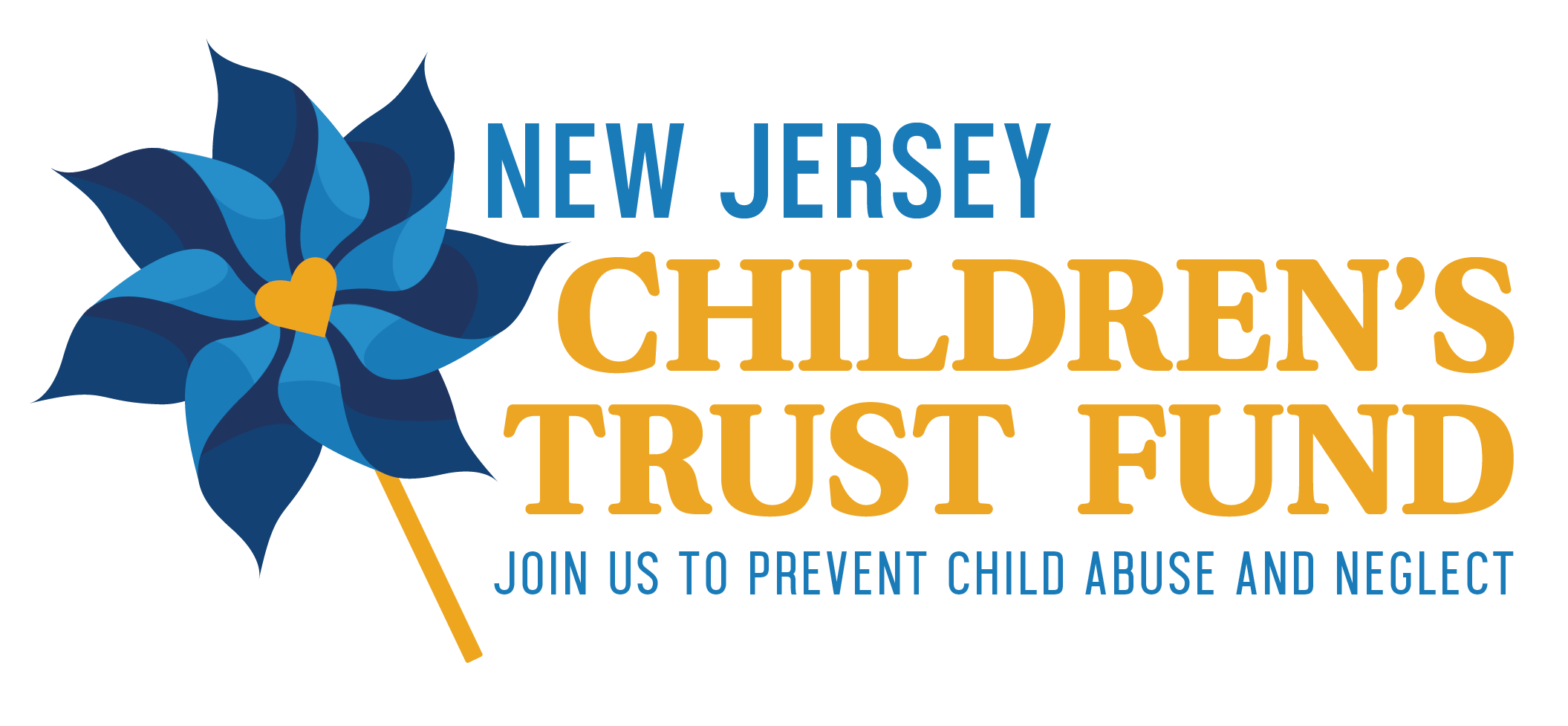Monies Will Assist Children Involved in Certain Abuse Cases
TRENTON – The New Jersey Department of Children and Families (DCF) announced today that it is investing seed funding of $2.5 million to establish a child treatment assistance fund for juvenile survivors and juvenile actors of child-on-child sex activity or assault and their families.
“Children experiencing traumatic incidents frequently need ongoing services to help them heal,” said DCF Commissioner, Christine Norbut Beyer. “These supports can be offered at Regional Diagnostic and Treatment Centers or Child Advocacy Centers. It’s important that regardless of their insurance status or socio-economic standing, families have access to this vital help.”
Regional Diagnostic and Treatment Centers offer a comprehensive program for the evaluation, treatment and prevention of physical and emotional injuries caused by child physical and sexual abuse, as well as neglect. Specially trained doctors, nurses, psychologists and social workers engage with children and their families to assist and support their healing. Child Advocacy Centers are child- and family-friendly spaces that offer a multi-disciplinary array of services, including from DCF, law enforcement, victim advocates, medical and mental health professionals.
“It’s not unusual for instances of child-on-child sex abuse to go unreported because families handle it themselves for fear of what will happen if authorities get involved,” said Nydia Monagas, of the New Jersey Children’s Alliance, which supports and promotes New Jersey’s Child Advocacy Centers. “Juvenile victims and actors need and deserve trauma-informed, healing-centered services for as long as it takes, without concern for cost.”
Child-on-child sexual abuse or assault occurs in the absence of a caregiver, without consent, as a result of coercion, and/or between children who are unmatched physically, mentally or in age. These situations are very different from what is considered developmentally appropriate curiosity among children.
Funds from this investment will be made available to provide treatments and services following reported instances of child-on-child sexual abuse and may pay for services arranged through DCF, the Regional Diagnostic Treatment Centers and Child Advocacy Centers, including medical and mental health services for children and families.
Nationally, 40% of the people who sexually abuse/assault juveniles under age 6 and 39% of people who sexually abuse/assault juveniles aged 6-11 are juveniles, themselves. (Sexual Assault of Young Children as Reported to Law Enforcement (ojp.gov)). With proper treatment and care, most juvenile actors do not go on to reoffend.
In February 2022, the Child-on-Child Sexual Abuse (COCSA) Response Statewide Workgroup was established to identify new ways to coordinate and collaborate on these cases. The Workgroup is made up of child abuse experts, including pediatricians, psychologists, DCF and DCPP leadership, prosecutors, Child Advocacy Center leaders, and child advocates. After several months of meeting, discussion, and thoughtful consideration, recommendations, including the creation of a Child Treatment Assistance Fund have been drafted. Once the remaining recommendations are finalized, additional updates will be made available.
“It was through the DCF led workgroup that we were able to identify the gaps in service and the need for greater support for families who did not have an open case with juvenile justice or child protective services,” said Mary Coogan, President and CEO of Advocates for Children of New Jersey. “Studies show this treatment works and this investment will ensure that children and their families will receive the services they need in a safe space, to help them address and heal from the sexual assault incident.”
In addition to the child treatment assistance fund, Child Advocacy Centers were allocated $2.1 million in the Fiscal Year 2023 budget to make clinical case management services available to families seeking support in identifying treatment services for their child in the wake of a sexual abuse incident between two children.
Families will be connected with a county-based Clinical Case Manager employed by Regional Diagnostic and Treatment Centers and/or mental health agencies, whichever is best for family access. The clinical case managers will remain involved with the case until the family is engaged with all necessary services.
Top ^





